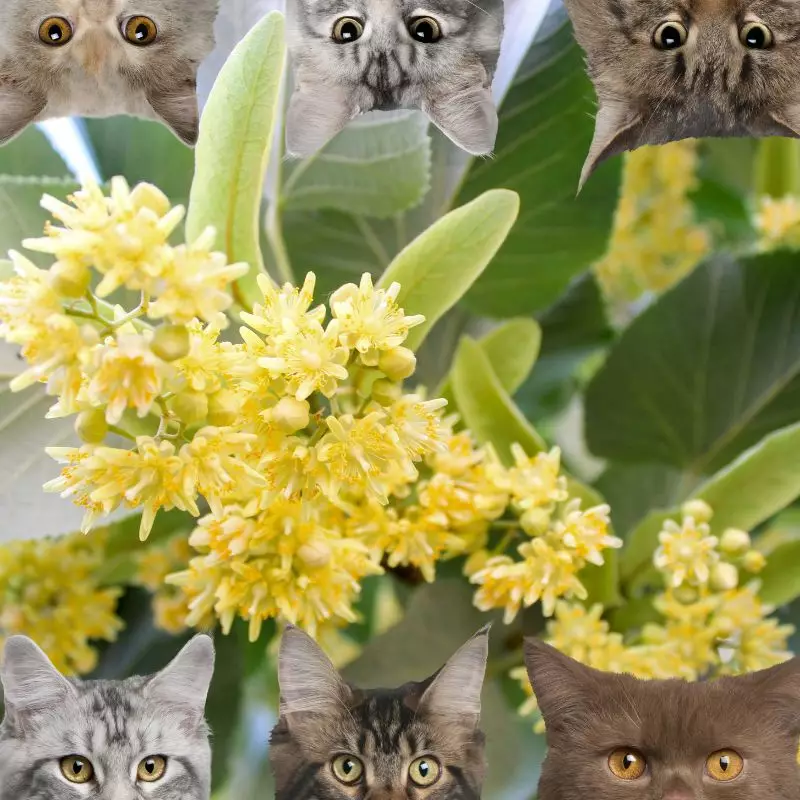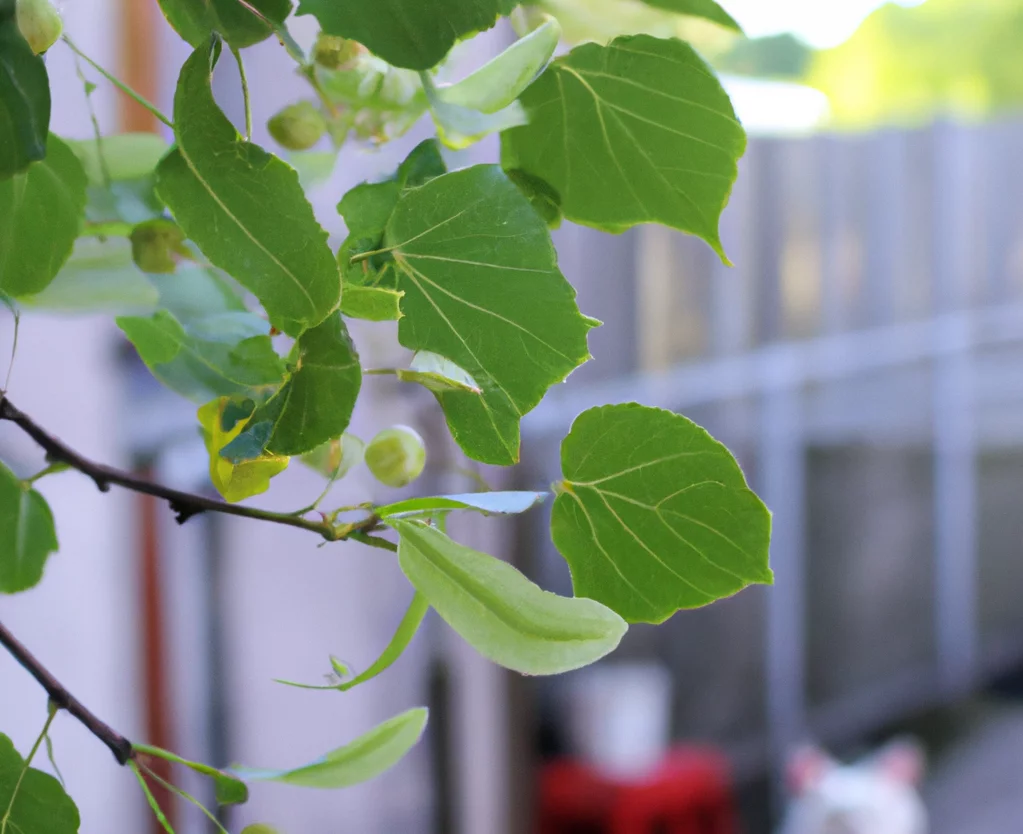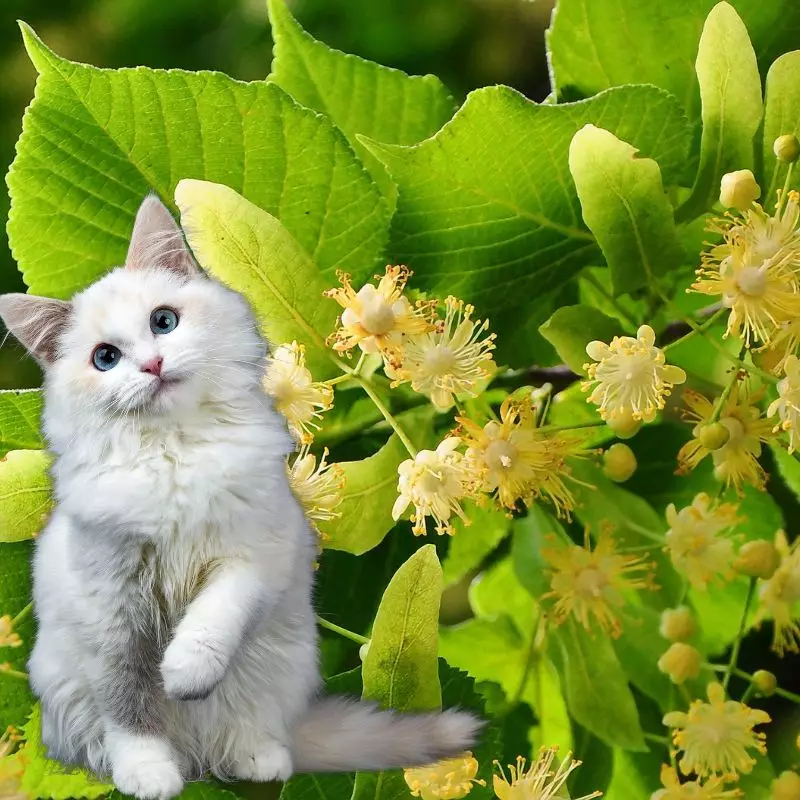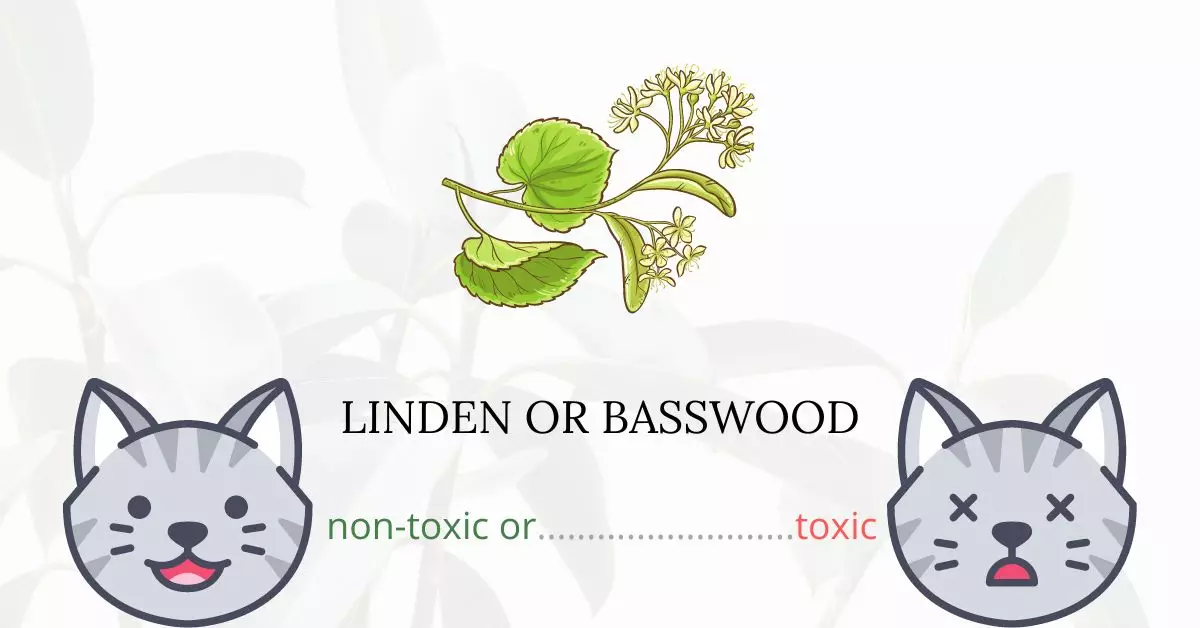Linden, also known as Basswood, is not toxic to cats. This tree is safe to grow in environments where felines are present, as it does not contain substances that are hazardous to them. In fact, the American Society for the Prevention of Cruelty to Animals (ASPCA) includes Linden in its list of non-toxic plants for cats.
This article is the result of collaboration with a team of experienced DVMs (doctors of veterinary medicine). Their expertise ensures that the information presented here is both accurate and up-to-date, specifically concerning the potential risks associated with various plants and their effects on cats. In addition to their insights, we have thoroughly researched high-authority websites such as the ASPCA and PetMD for comprehensive information on each plant we discuss.
While Linden is recognized as safe for not just cats but also dogs and horses, it’s important to note that this doesn’t mean cats can consume it freely. The article will delve deeper into the possible effects of ingesting significant quantities of this plant by felines.
Can Cats Eat Linden or Basswood?

Consuming a tiny portion of the linden tree will not have severe negative effects on cats. But, if your cats happen to eat excessive amounts of this plant, it may result in an upset stomach.
Because cats are carnivores and cannot digest plant stuff, they usually develop indigestion symptoms due to eating too much plants. Cats commonly experience mild vomiting and diarrhea after eating huge amounts of plants. There’s no need to fret though because these symptoms will go away after your cat’s body has cleared the plant stuff.
If you have plants at home, you should also consider the plant care products you use on them. These products can be hazardous for felines depending on their chemical content. If your cats have ingested a plant with toxic chemical residue from the said products, they can be poisoned and experience life-threatening symptoms.
What is Linden or Basswood?

Linden is scientifically known as the tilia species. Tilia is a genus of roughly 30 tree or shrub species widespread in much of the temperate Northern Hemisphere. Linden is the European common name for the tree, while basswood is the North American common name.
Lindens are mainly big, deciduous trees that grow to be 20 to 40 m (65 to 130 ft) tall and have oblique-cordate (heart-shaped) leaves that are 6 to 20 cm (2.5 to 7.5in) wide. As with elms, the actual number of species of lindens is unknown because many of them may hybridize easily in the wild and in culture.
Lindens are suggested as ornamental trees where a dense mass of leaves or deep shade is desired It produces aromatic and nectar-producing blooms and is an essential honey plant for beekeepers, producing a pale but strongly flavored monofloral honey. The blossoms are often used to make herbal drinks and tinctures in European and North American herbal medicine.
Keeping Cats Away From Linden or Basswood

Lindens or basswoods are commonly found outdoors. So if you want your cat to stay away from your outdoor plants, restrict their access outside and keep them engaged indoors.
The easiest and most common method used by cat owners is spraying natural deterrents on their houseplants. Some people also build terrariums for their succulents. Others prefer dedicating a separate area for their plants that their cats cannot visit.
Plants to Avoid For Your Cats
If you are a cat owner and unsure if the plants growing in your yard are harmful to your cats, check out this list of toxic plants for cats. You can also check our list of non-toxic plants for cats.





